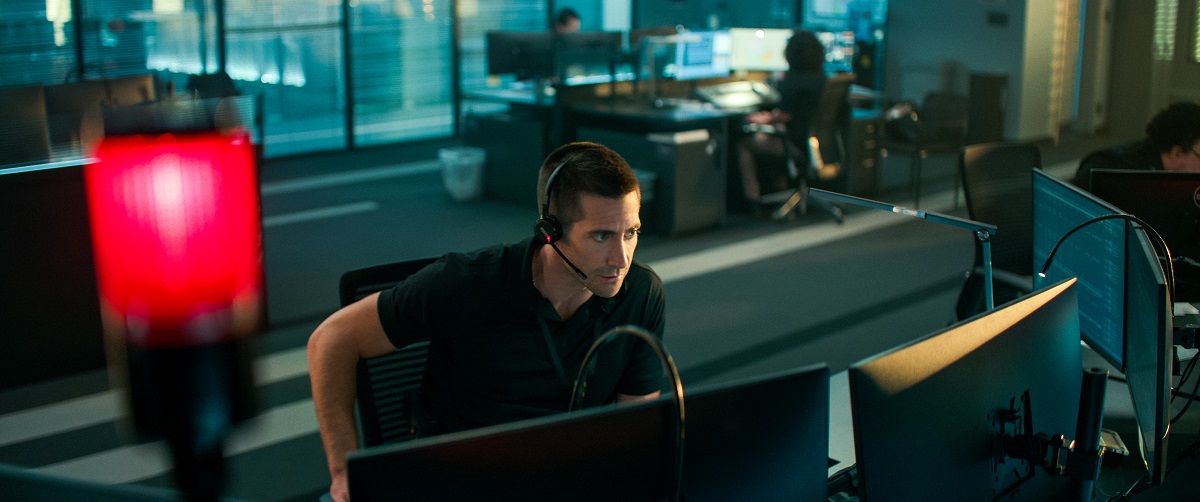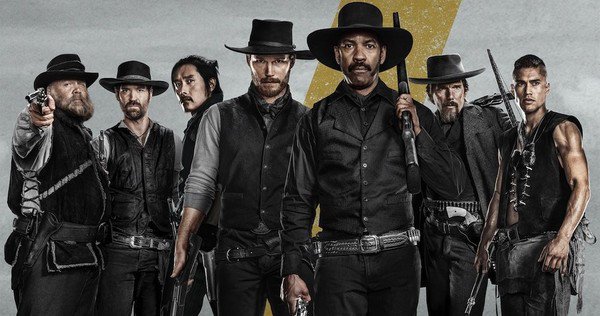


01/10/21
Netflix
Director Antoine Fuqua has previous form with cop movies. 2001 ‘s Training Day brought Denzel Washington a well-deserved Oscar, while End of Watch (2012), starring Jake Gyllenhaal, was also a memorable addition to the genre. Gyllenhaal returns in this riveting slice of drama, a remake of a Danish movie of the same name. Here he’s Joe Baylor, currently relieved of his usual duties as an L.A. street cop – for reasons that will eventually be revealed – and demoted to handing emergency calls in the midst of a catastrophic wildfire, which is straining emergency services to the limit.
Baylor is edgy and unpredictable. He’s suffering from asthma and going through the throes of a painful separation from his wife and young daughter. He’s also nervous about an important court appearance he’ll be making the following morning. But, for now, he has an important job to do and, when he receives a panicked call from Emily (voiced by Riley Keogh), he goes straight into protective mode, trying to find a way to get her away from her husband, Henry (Peter Sarsgaard), who has her locked in the back of a speeding van. In the process of his enquiries, Baylor also discovers that the couple have two young children left alone at home…
The Guilty is essentially a one-hander, with Gyllenhaal onscreen throughout. Though the hard scrabble bustle of the emergency room is fully realised, his supporting actors are relegated to background roles or appear simply as disembodied voices on phone lines. Given this approach, it’s remarkable that the film manages to generate almost unbearable levels of suspense as Fuqua steadily racks up the peril and the potential repercussions of Baylor’s actions. It’s not until the halfway point that we start to fully appreciate something worrying. Baylor may not be handling the situation as well as he could. Perhaps he’s letting his instincts overrule his common sense.
Gyllenhaal submits a stellar performance here, making us fully appreciate the complexities of this flawed character and pulling us further and further into his troubled world. Ultimately, the only thing that lets The Guilty down is the film’s conclusion, which seems unwilling to embrace the full enormity of what lies behind Baylor’s impending court case – and there’s an unlikely late development that slightly defuses the film’s power. Screenwriter Nic Pizolatto should have had the guts to step up to an unpalatable truth, which would make this story more hard-hitting.
That said, The Guilty is one of those rare creatures (along with Buried and Locke), a filmed monologue that fully deserves its place on the big screen. Though of course, as a Netflix film, the size of the screen will depend on whatever you have to view it on.
3.9 stars
Philip Caveney



